

A recent study by Dr. Poonam Tripathi and a team from the Indian Institute of Technology, Kharagpur, has shown how the amount of rainfall and temperature of a place affects the variety of plants in major biogeographic zones of India
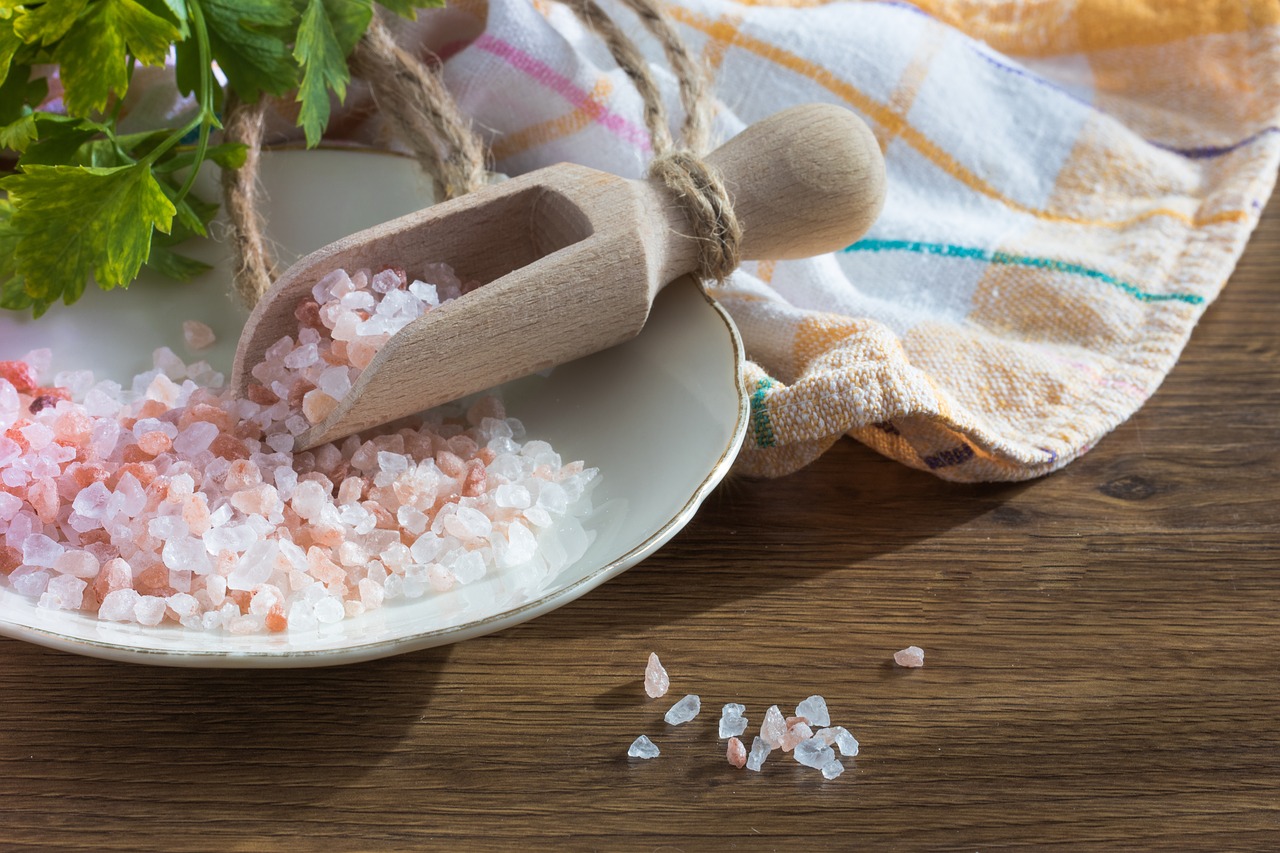
A new study has found that Indians, on an average, consumed almost 10 gm of salt per day, which is double the World Health Organization’s recommendation of maximum five grams per day. The high consumption is despite several measures launched in recent years to create public awareness of the ill effects of consuming excess salt

A new study has revealed that government schools are more likely to encourage healthy practices than private schools


A group of Indian and Australian scientists has developed and tested a mobile application-based system that promises to help doctors and health workers in villages to identify, monitor and manage patients with high blood pressure and heart-related ailments in remote areas

A large number of healthy looking urban Indians are suffering from vitamin deficiency, a new study from National Institute of Nutrition has revealed

Scientists have found that nanoparticles of selenium, an essential micronutrient, can be used as an antibacterial agent
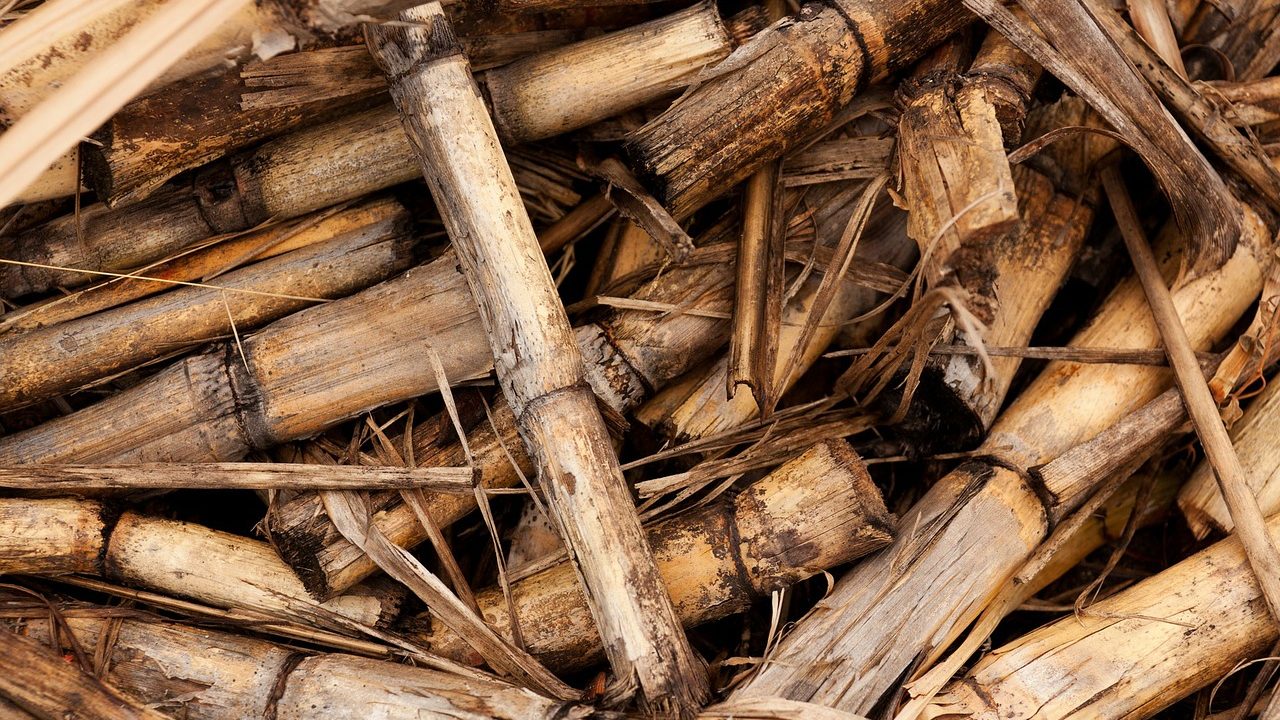

Scientists at the Pune-based National Chemical Laboratory of Council of Scientific and Industrial Research have developed a mathematical model that promises to deliver better protocols for cancer treatment
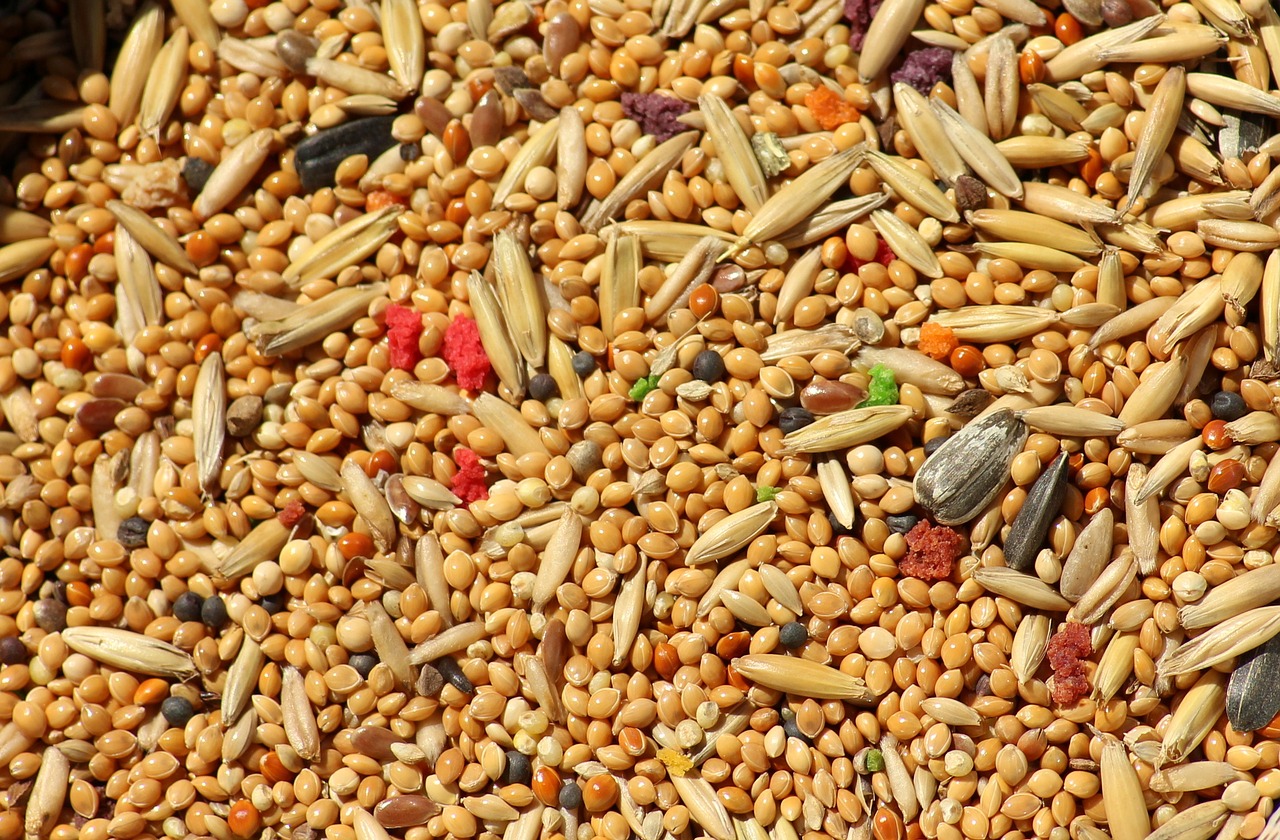
Pasta made from pearl millet or bajra may be a healthier alternative to wheat pasta, suggests a new study. Results of the study, published in journal Current Science, also show that pasta made from millet and Wheat-millet combination was healthier than pasta made only from wheat.
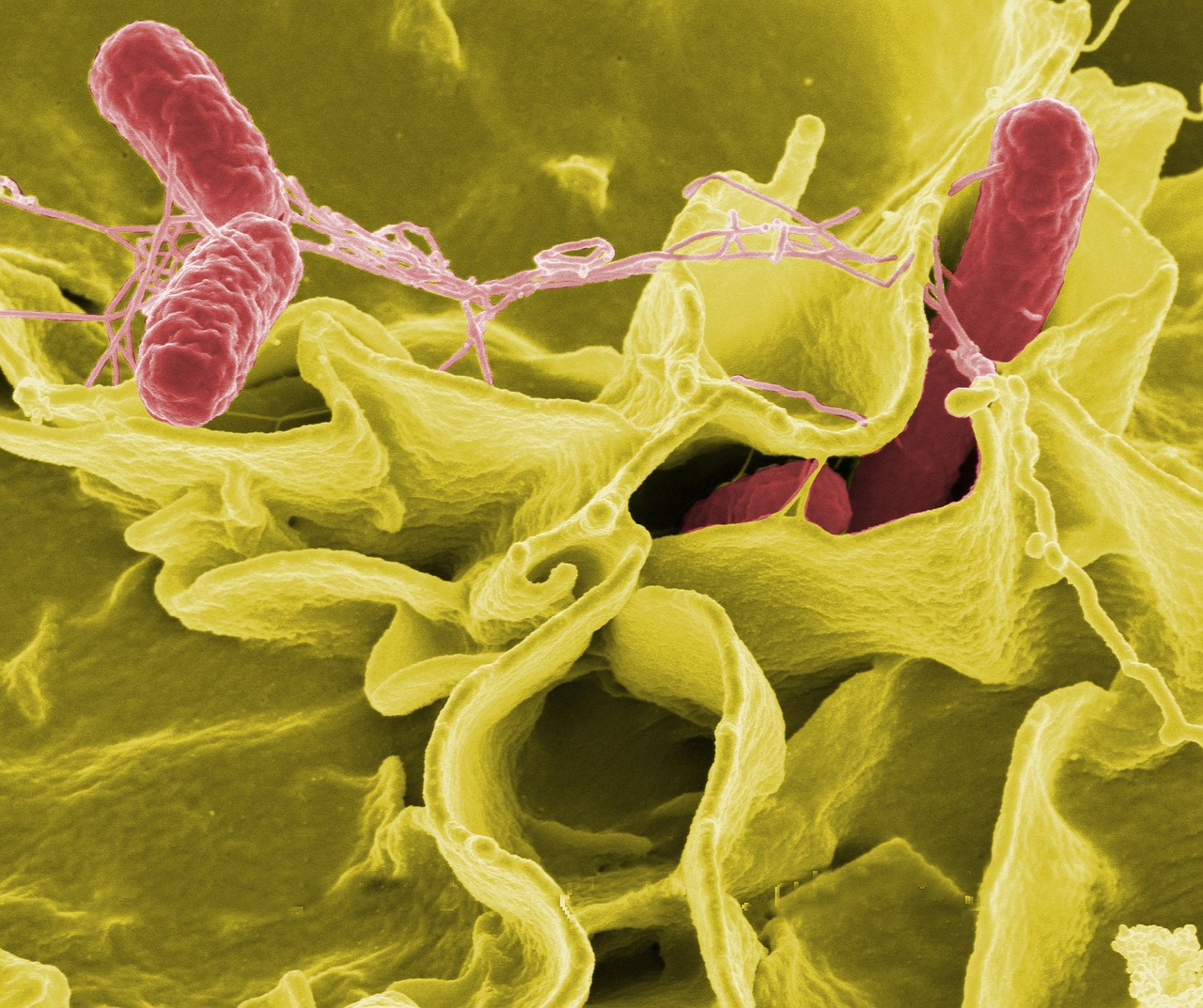
Exposure to cadmium is making typhoid-causing bacteria, Salmonella, stronger and difficult-to-treat with conventional antibiotics, a new study has suggested

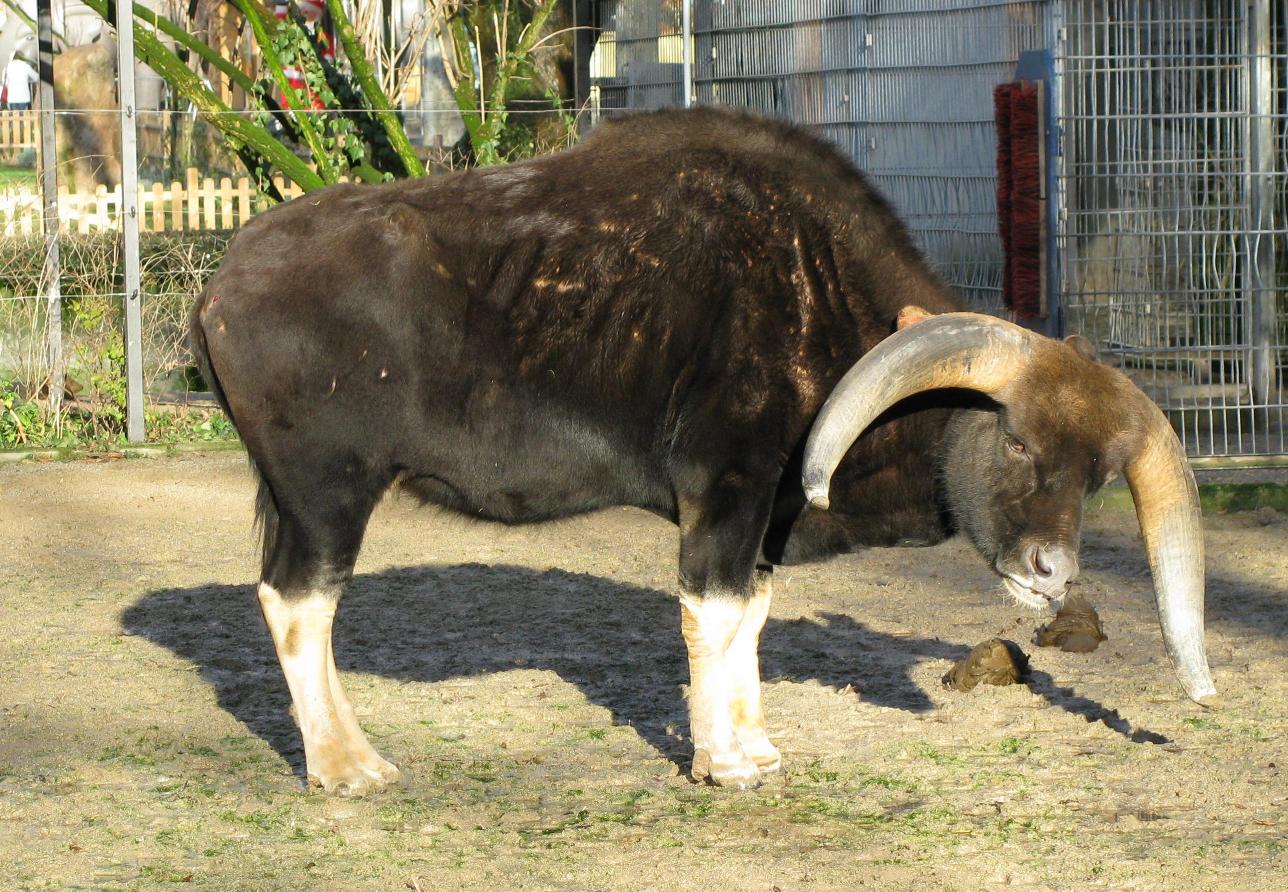
The study has confirmed that Indian Mithun is different from the other cattle found in the Northeastern hill region. Though there are similarities with the gaur bull as they share a common ancestry, it is established that Mithun did not originate from crossing gaur bulls with indigenous cattle.

A group of scientists at the Indian Institute of Technology, Mandi, have documented steps involved in breaking natural rubber down in order to make it environmentally safe.
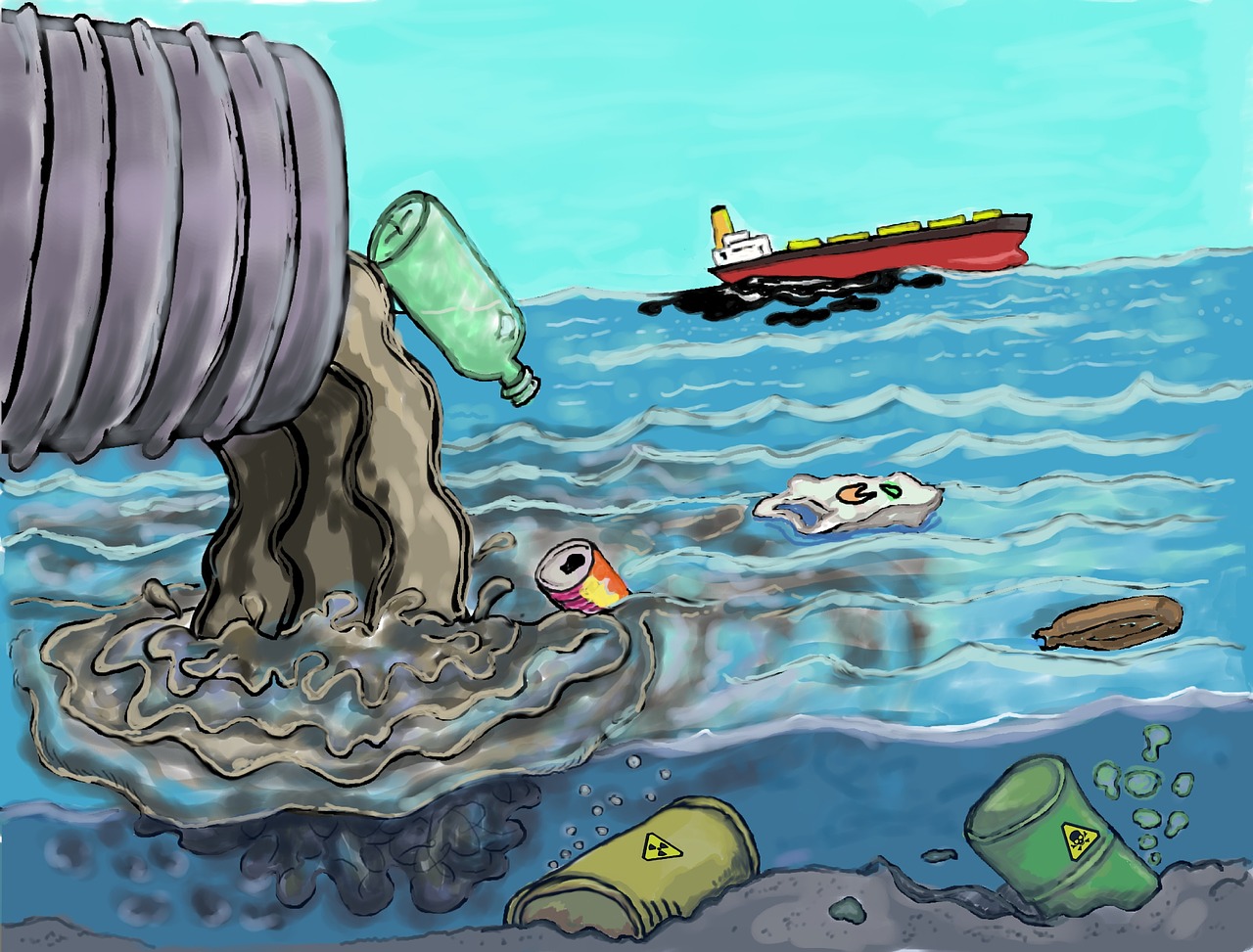
Water contamination due to dyes is a major cause of worry. A new study says sawdust from teak wood may help treat wastewater containing dyes and make it reusable.
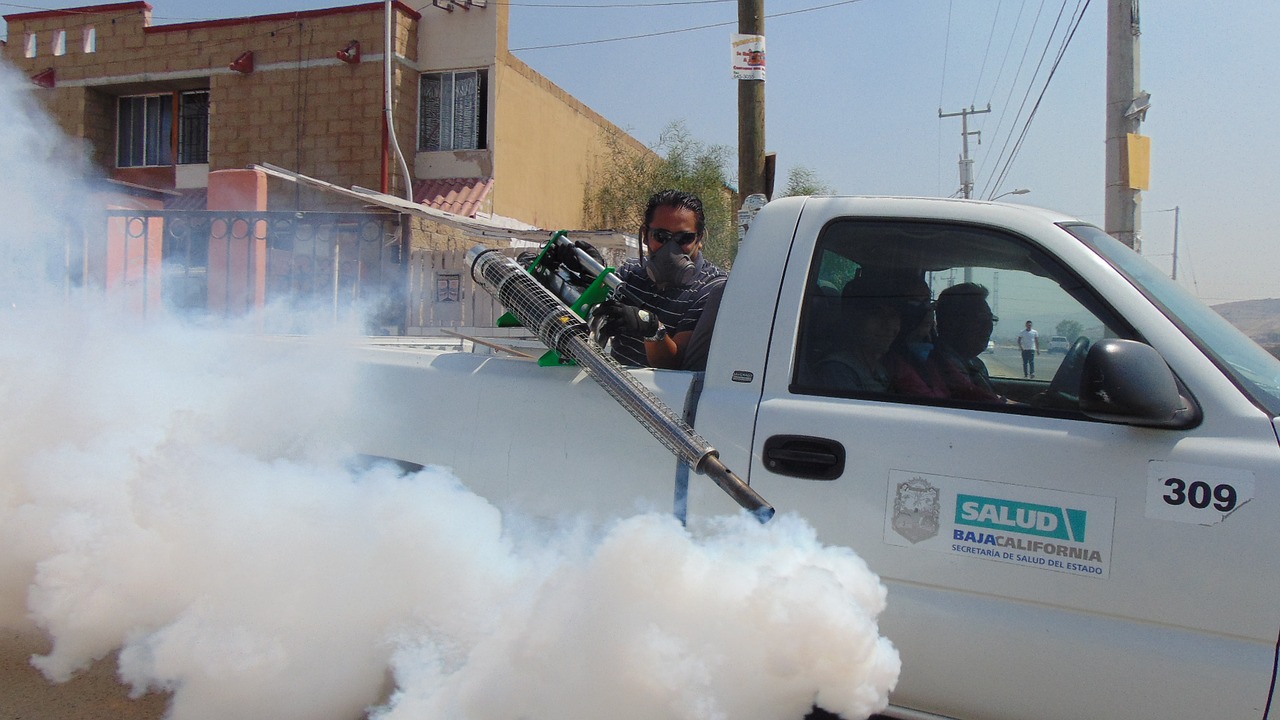
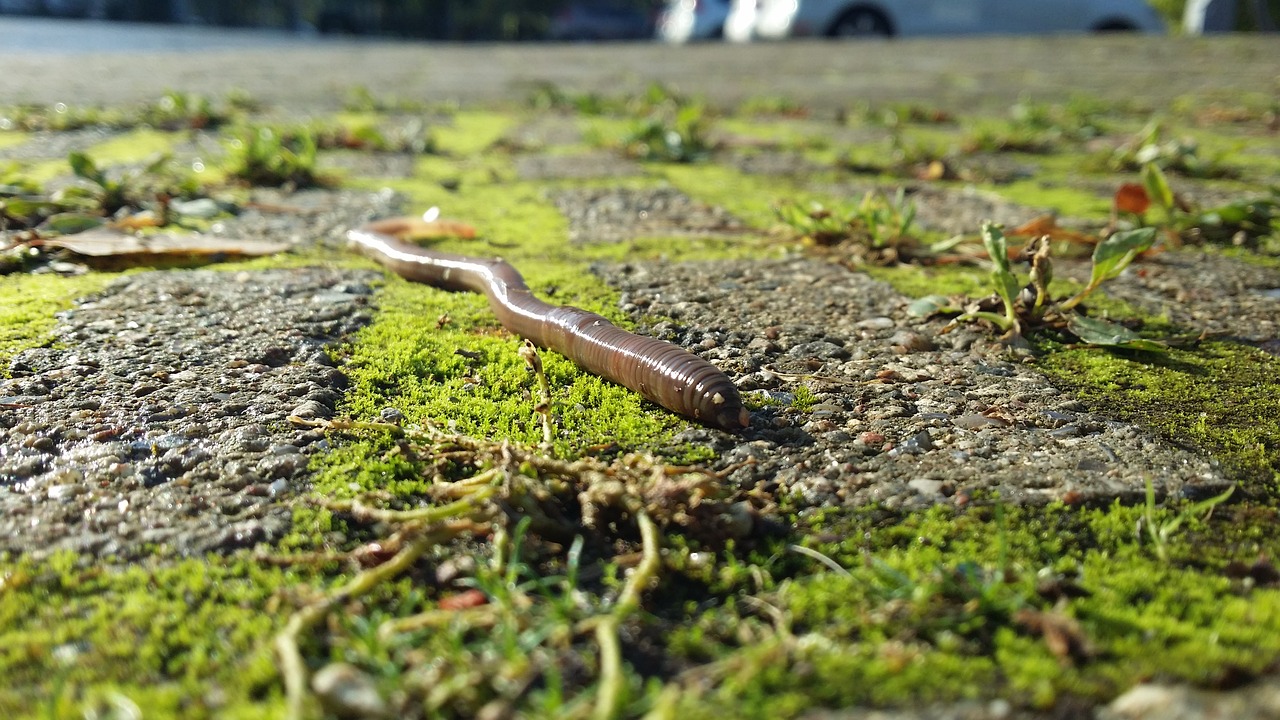
Earthworms are considered best friends of farmers, acting as engineers in soils. They are helpful in the decomposition of waste, producing biofertilizers.

Indian scientists have developed a rapid and accurate method for diagnosis of Salmonella typhi bacteria which causes enteric fever and typhoid.
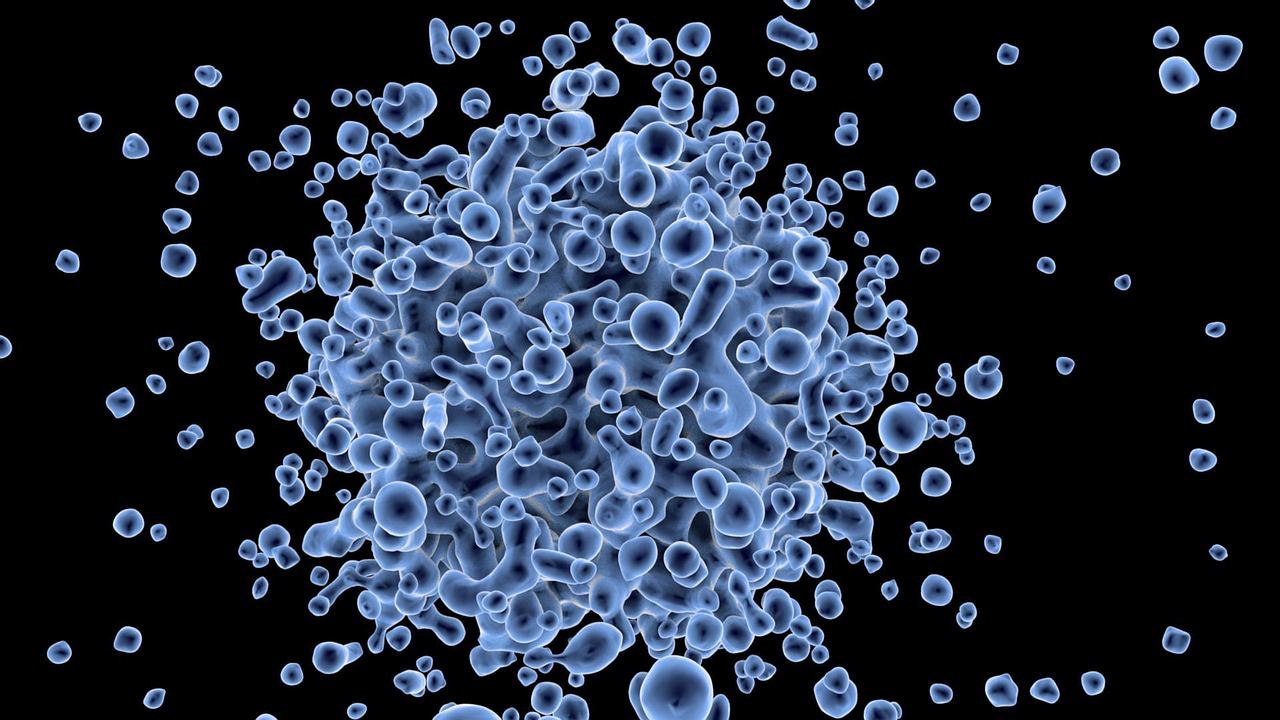
Effective delivery of anticancer drugs is a major challenge so as to avoid toxic side effects. Indian scientists have developed a new way for precise delivery of anticancer drugs using a dual-purpose magnetic metal-organic framework of nanoparticles.

Internet is huge! Help us find great content
Never miss a thing! Sign up for our newsletter to stay updated.
Research Stash is a curated collection of tools and News for S.T.E.M researchers
Have any questions or want to partner with us? Reach us at hello@researchstash.com